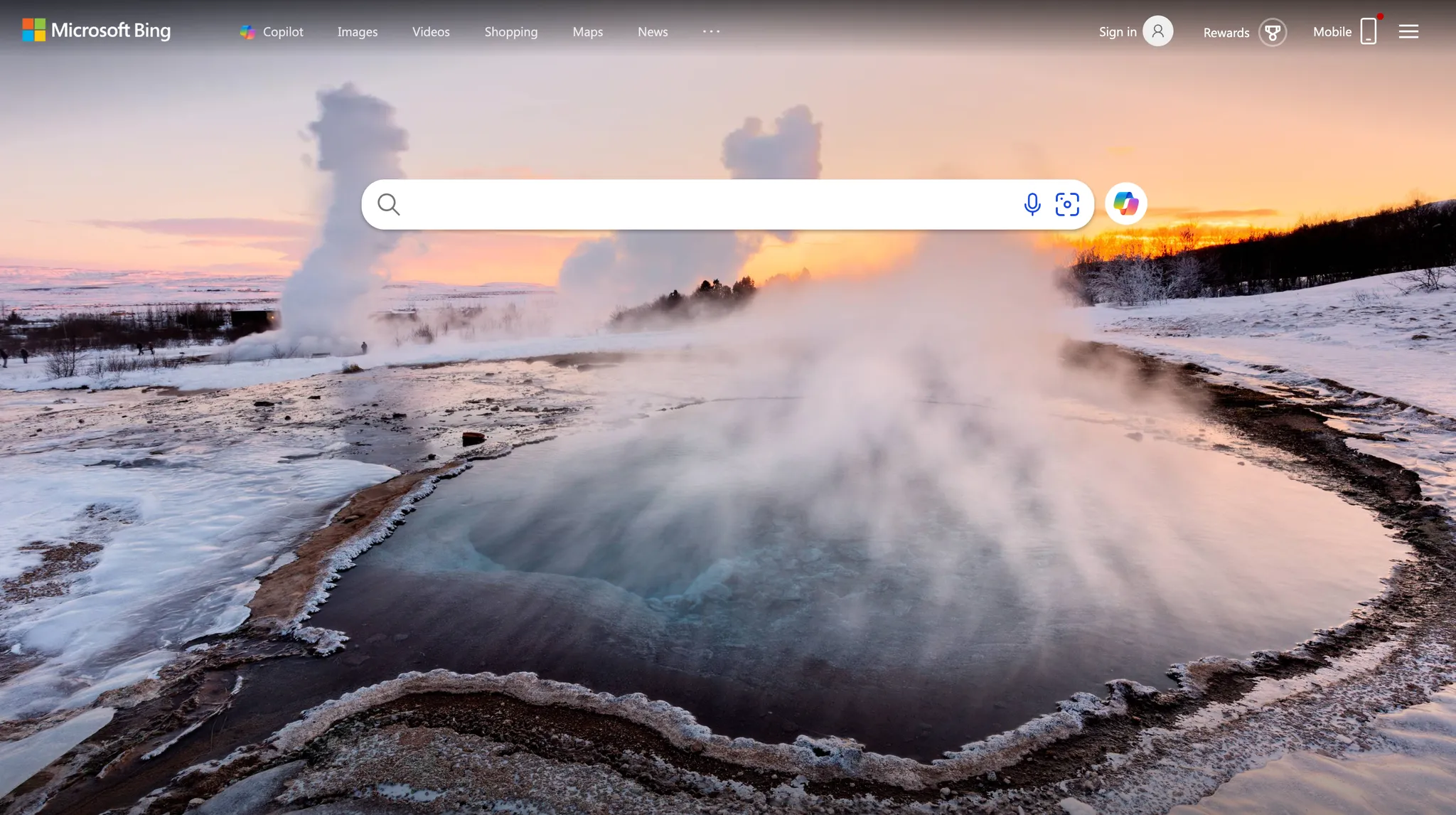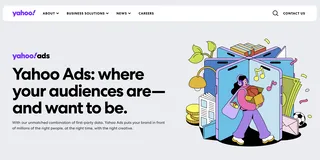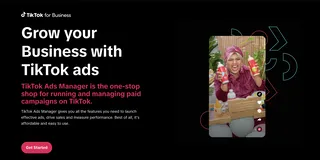
Plan B(ing): Google Ads Is Not Your Only Path to Profit
Remember when Google was digital marketing's one-stop shop? Not anymore. Those days vanished faster than a trending hashtag. In 2024, Google's iron grip on search ad platforms slipped below 90% for the first time since 2015. Your future customers are playing hard to get -- and savvy marketers are rethinking their entire playbook.
Let's explore why this happened and where advertisers go now.
Why Brands Lost Faith in Google
Google's monopoly created problems. When one company controls 90% of anything, it has little need to listen to the market, user complaints, or even criticism. Despite protestations against costs, Google raised prices and decreased the efficiency of paid ads through ever-changing layouts and visibility.
Users have also had difficulty. They’ve struggled to spot the difference between Google Ads and organic results since 2013. This blurring of paid and organic content has backfired. People have learned to scroll past the top results, assuming they're all ads. Some users have even installed ad blockers specifically targeting Google formats. When users are willfully ignoring the ads advertisers are paying for, what’s the point?
The cost problem got even worse, too. Google's automated bidding pushed prices up while click-through rates dropped for some brands. Small businesses found themselves priced out of keywords they'd used for years. Mid-sized companies watched their ad budgets drain faster each quarter. Even companies with $50K monthly budgets ran dry by mid-month all because there was no alternative. Google was just too popular to ignore.
But then things changed. Google's public stances on political topics alienated users across the spectrum and forced them to seek alternatives. Brands noticed these traffic shifts and followed their customers to new platforms.
Alternatives to Google Ads That Work
Bing Ads
Bing Ads is a winner among business-focused brands. Their users tend to be older (35+), wealthier, and more educated. Many work in corporate jobs, making major purchasing decisions.
This makes Bing a perfect advertising platform for:
- B2B software companies that would like to spend minimal time crafting educational message and cater to an audience that will understand the base technical elements from the get-go
- Engineering firms whose technical content aligns with Bing's professional audience.
- Professional service providers who would best cater to Bing's older, wealthier demographic.
- EdTech companies looking to tap into Bing's integration with academic institutions.

Yahoo Ads
Yahoo Ads found new life with specific audiences. Their platform is exceedingly more affordable than Google’s while requiring less data.
They are an excellent Google-alternative to those with client bases in countries where Yahoo is popular and the platform may fit perfectly for:
- Small businesses who want to dip their toes in digital ads without drowning in data.
- Neighborhood service providers who need hyperlocal targeting without the learning curve.
- Niche retailers who know their customers but don't need granular behavioral data.
Reddit Ads
Reddit Ads taps into small, but incredibly authentic and strong communities. Their users trust peer advice more than traditional advertising.
Because the platform is so deeply centered around community discussions, Reddit is perfect for those who cater to specific audience segments and are looking to build the conversation.
If your brand is ready to engage with Redditors, commenting, replying, and fostering community, then Reddit may be for you.

Other Hidden Gems
Several smaller search ad platforms deliver surprising results. DuckDuckGo ads reach privacy-conscious consumers. Brave browser ads connect with tech-savvy audiences. Quora ads target people actively seeking answers about specific topics.
Social search also gained ground. Pinterest became a powerful product discovery engine. TikTok's search feature helped brands reach young consumers. Even Amazon's search ads grew beyond simple product listings.
What to Consider With a New Platform
If you’re wondering what alternatives to Google are, chances are you Googled that. This betrays just how ubiquitous the search engine still is, despite its recent dip in popularity.
An outright abandonment of Google might not best serve your brand just now; however, it’s always good to be open-minded and aware of your options. You’re not married to Google, so treat new ad platforms like a first date. Here’s a helpful cheat sheet when it comes to online paid advertising:
- Cost per click (CPC) shows how many dollars you're burning to get someone's attention.
- Conversion rates reveal whether your landing page reads like a bestseller or an instruction manual. When less than 2% of visitors stick around, your page needs a rewrite, not more traffic.
- Customer acquisition cost (CAC) tells you if your marketing budget is buying customers or costly clicks. In most cases, your CAC shouldn’t exceed your first year of customer revenue.
- Return on ad spend (ROAS) is your reality check. A 3x ROAS means every marketing dollar brings back three. Anything less, and you're trading quarters for dimes.
- Audience engagement measures whether people care or click. High bounce rates and low time-on-page mean your content has the holding power of a wet paper bag.
Test this with 10% of your budget. You'll either find gold or save yourself from a costly mistake. Either way, you win.
Also, consider matching platforms to specific goals:
- Need corporate decision-makers? Try Bing
- Want loyal customers? Consider Yahoo
- Seeking niche communities? Explore Reddit
- Targeting privacy-focused users? Test DuckDuckGo
- Selling visual products? Look at Pinterest
Combine approaches based on your audience. Some brands succeed with Bing ads for B2B and Reddit for consumer awareness. Others mix Yahoo's broad reach with targeted social search campaigns.
The Future of Search Advertising
For 20 years, Google had your attention and wallet. What's changed is that your customers are now diversified across TikTok, Reddit, Discord, and other platforms. They're tired of Google's "articles that help you in 2024" reading like robot soup. Smart money follows attention, not a habit. While Google is still popular, you need to understand these other platforms.
The playbook is simple:
- Find where your desired audiences hang out
- Show up with something worth talking about
- Test small advertising bets ($50/day)
- Double down on what works
The next advertising wave rewards speed over size and being interesting over being everywhere. Your move.
Ready to break free from Google's grip? We've helped brands like yours find their perfect marketing mix using the right search ad platforms to target the audiences they care about. All without needless ad spend.
Want to learn more about EMB? Bing us.